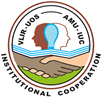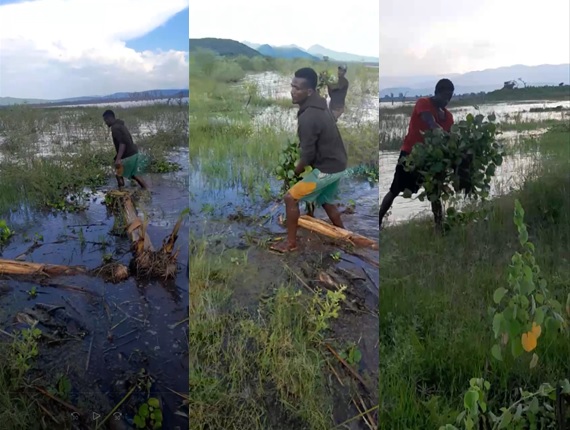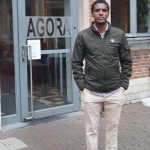The AMU-IUC Project, through its Research Sub-Project 6 (RSP6), is making significant strides in conserving and restoring the wetlands surrounding Lake Chamo in Ethiopia. Recent efforts include the acquisition of an additional 1.65 hectares of land, bringing the total protected buffer zone to 4.6 hectares since January 2023.
This expanded buffer zone plays a critical role in safeguarding the lake’s ecological health. RSP6’s initiatives have demonstrably improved biodiversity within the zone. Wetland rehabilitation efforts and reintroducing native plant species have created a haven for wildlife. Local communities have reported a resurgence in fish populations and the return of birds and other animals previously absent from the area.
To further bolster these efforts, RSP6 is forging partnerships with private sector entities like Genta Aba Fruit and Vegetable PLC and Bayra Animal Fatting PLC. This collaboration will focus on restoration activities on the newly acquired land.
The project’s success hinges on a collaborative approach. RSP6 works alongside various organizations, including universities, foundations, and local government bodies (KU Leuven, BOS+, Hailemariam and Roman Foundation, INBAR, Gamo Zone Administration, and private sectors). This network of partners provides expertise in research, implementation, and community engagement.
A notable example is the development of sustainable wetland management at the lake buffer zone, research, and indigenous knowledge-driven plant selections. This innovative approach not only supports wetland restoration but also promotes sustainable livelihood practices.
Mr. Samuel Girma, Head of the Gamo Zone Investment and Industry Department, has disclosed that AMU-IUC Project will collaborate with private sector entities, Genta Aba Fruit and Vegetable PLC, and Bayra Animal Fatting PLC, to bolster wetland restoration efforts on the recently designated 1.65 hectares of land adjacent to Lake Chamo. This partnership not only strengthens inter-sectoral collaboration but also underscores a shared commitment to address pressing environmental and societal challenges in the region.
Mr. Samuel also praised the ongoing restoration efforts led by RSP6 in collaboration with Hailemariam and Roman Foundation and Letto Fishery Association over the 3 hectares of land previously acquired. These initiatives have been lauded as exemplary practices in environmental conservation, serving as a beacon of hope amidst mounting ecological challenges.
“Protecting the wetlands surrounding Lake Chamo is vital”, emphasized Dr. Fasil Eshetu, AMU-IUC Project Manager. He highlighted the ongoing efforts to educate local farmers about the importance of this ecosystem and the need for continued protection measures extending up to 50 meters from the lake’s edge.
The AMU-IUC Project serves as a model for successful environmental stewardship. By fostering collaboration between public and private sectors, the project demonstrates a promising path towards safeguarding Lake Chamo’s ecological integrity for generations to come.



